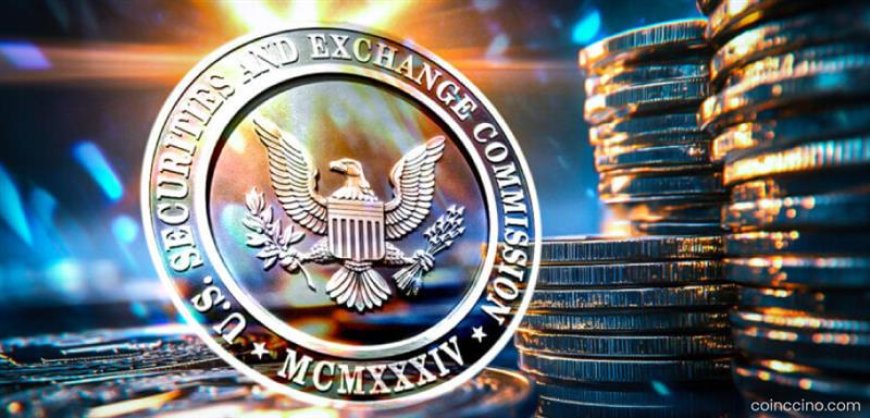SEC Declares Liquid Staking Tokens Aren’t Securities — Clearer Paths Ahead for DeFi & Institutional Players
For the first time, the U.S. Securities and Exchange Commission (SEC) has issued a staff statement affirming that most liquid staking activities—including issuing Staking Receipt Tokens (SRTs) like stETH or mSOL—do not qualify as securities under federal law. This applies only when providers perform purely administrative roles and do not exercise managerial decision-making. The ruling brings much-needed clarity to the $67 billion liquid staking sector.

What the Release Covers
- Defined Liquid Staking: The SEC describes liquid staking as depositing crypto assets (e.g. ETH or SOL) with a protocol provider and receiving SRTs on a one-to-one basis—maintaining liquidity while earning staking rewards.
- Receipts, Not Investments: Under the Guidance, SRTs represent proof of ownership, carrying no promise of profit via managerial effort—thus exempt from the Howey Test.
- Eligible Providers: Protocol-based and third-party liquid staking providers (like Lido, Marinade Finance, JitoSOL, Stakewise) may qualify for exemption—provided they execute only automated or custodial services.
- Important Limitations: The SEC clarified the ruling does not apply to restaking protocols (e.g., EigenLayer) or cases where SRTs convey business-like rights or pooled returns.
Why It Matters Globally
| Region | Relevance |
|---|---|
| U.S. | Opens institutional use cases: offering staking receipt tokens inside spot ETH or SOL ETFs, DeFi yield products, and capital market instruments. |
| UAE | Enables compliant staking-based financial products for sovereign funds and fintech players aligning with Dubai’s tokenization push. |
| India | Markets backed by POS assets like ETH and ADA may now see structured liquid staking products accessible via regulated channels. |
Coinccino Insight
“This SEC statement is more than regulatory housekeeping—it’s a signal that liquid staking is finance infrastructure, not speculation. By clearly defining roles and token types, regulators are carving out room for DeFi to operate under U.S. securities frameworks. Institutional, retail, and regional innovators all stand to gain.”